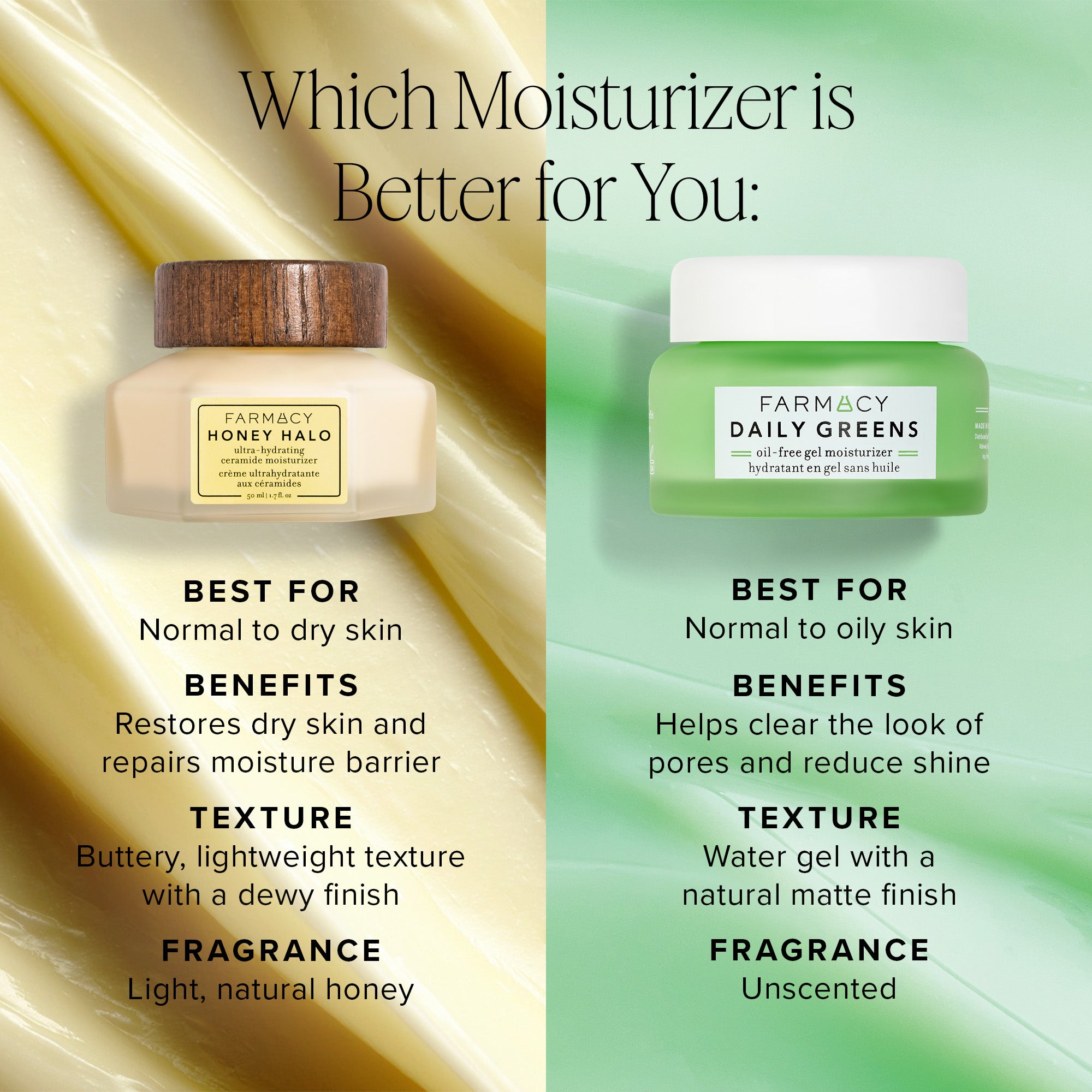Pulse of Information
Stay updated with the latest news and insights.
Moisturizer Myths That Will Shock You
Uncover surprising truths behind common moisturizer myths that could transform your skincare routine. Click to be shocked!
5 Common Moisturizer Myths Debunked: What You Need to Know
Moisturizers are essential for maintaining healthy skin, yet several myths about them circulate widely. One common misconception is that oily skin does not need moisturizer. In reality, even oily skin types require hydration to maintain a balanced oil level. Skipping moisturizer can lead to increased oil production, resulting in breakouts. Another myth is that expensive moisturizers are more effective than affordable options. The truth is, the ingredients matter more than the price tag; many drugstore brands contain effective hydrating ingredients and can deliver similar results as high-end products.
Another prevalent myth is that only people with dry skin need to worry about moisturizing. Regardless of your skin type, every individual can benefit from moisturizing to enhance their skin's barrier function. Furthermore, some believe that using a moisturizer can lead to dependency, causing the skin to stop producing its own moisture. In fact, a good moisturizer works to support your skin's natural processes, promoting hydration and overall health. By debunking these myths, you can make informed decisions about your skincare routine and choose the right products for your unique needs.

Is More Moisturizer Always Better? The Truth Behind Hydration
When it comes to skincare, the mantra that more moisturizer is better can be misleading. While hydration is crucial for maintaining healthy skin, overusing moisturizers may lead to adverse effects such as clogged pores and breakouts. It's essential to understand that the skin has a natural barrier that regulates moisture levels. Applying excessive amounts of moisturizer can disrupt this barrier, leading to imbalance rather than enhancement. Therefore, finding the right amount for your skin type is key to achieving optimal hydration.
The truth behind hydration lies not just in the quantity of moisturizer used, but also in the quality of the ingredients. Products enriched with humectants, such as glycerin and hyaluronic acid, can attract moisture to the skin and are often more effective than simply slathering on a thicker cream. On the other hand, occlusive agents like petrolatum can lock in moisture but might not suit everyone's skin type. Ultimately, it's about formulating a skincare routine that addresses your specific needs, rather than blindly applying more product in hopes of better hydration.
Do You Really Need a Night Cream? Unpacking the Myths
The beauty industry is rife with myths about skincare products, and one of the most common is the necessity of a night cream. Many believe that a night cream is an essential part of their skincare regime to achieve healthy skin. However, the truth is that a good moisturizer can often suffice. The key is to use a product that suits your skin type and addresses your individual concerns, whether that's hydration, anti-aging, or oil control. In fact, some experts argue that excessive layering of products may even be counterproductive, leading to clogged pores and irritation.
Another prevalent belief is that night creams are exclusively formulated with ingredients that are only effective while you sleep. While nighttime is a crucial period for skin repair, this doesn't mean that daytime products can't do the job too. Many moisturizers and serums are designed to be effective around the clock, and it ultimately comes down to finding formulations that work for your skin. Instead of focusing solely on whether you need a night cream, consider a more holistic approach to your skincare routine, incorporating factors such as lifestyle, diet, and sun protection.